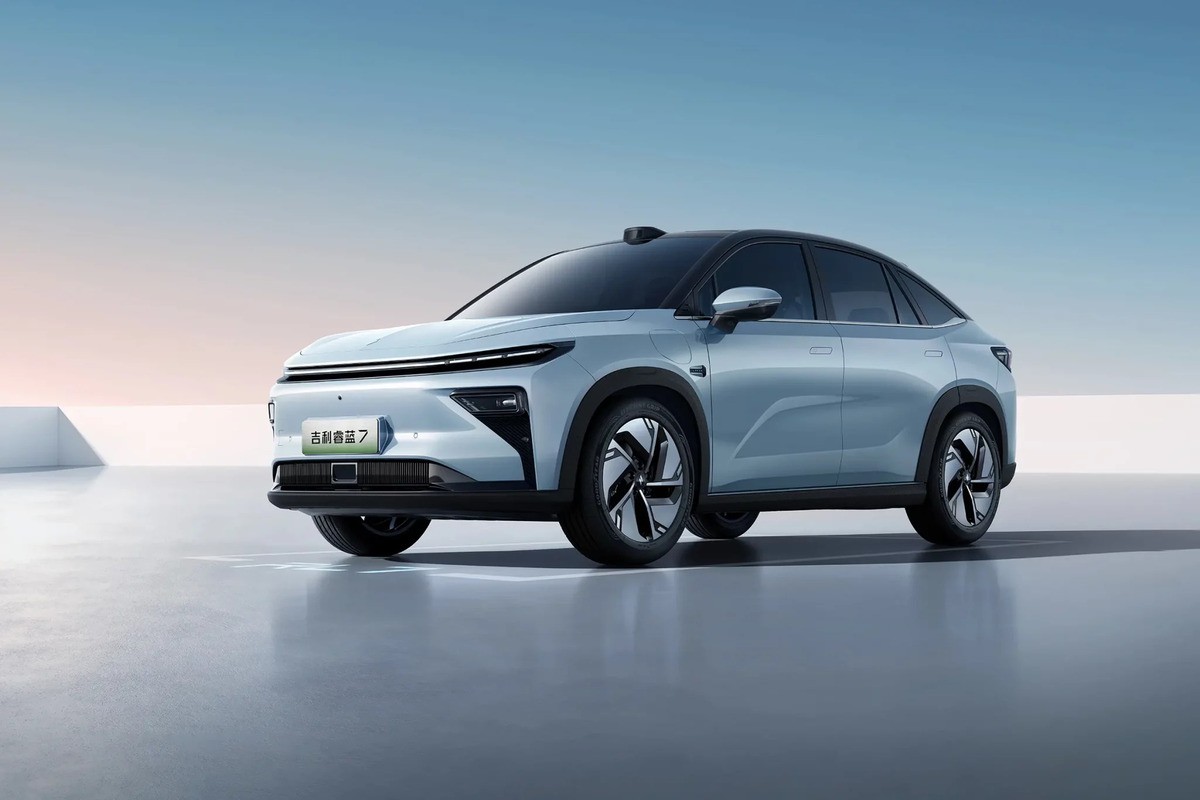Geely joins Nio's EV battery swap alliance
In a strategic move that could reshape the electric vehicle landscape, Geely Holding Group, one of China's auto giants, has joined forces with Nio to on its battery swapping technology.
Nio and Geely Holding signed a strategic cooperation agreement in Hangzhou, Zhejiang province, where Geely is headquartered. This collaboration aims to advance the adoption of unified standards, expand the ecosystem for battery swapping, and enhance the charging experience for EV users.

Under the agreement, the two companies plan to work together on several key aspects of the battery swap ecosystem:
- Standardization of swappable batteries: Nio and Geely will develop standards for swappable batteries, ensuring compatibility across different vehicle models.
- Battery swap network expansion: They will focus on constructing and sharing an extensive battery swap network to cater to diverse customer needs.
- Battery swap-enabled vehicle development: Both companies will collaborate on creating vehicles that are compatible with battery swap technology, offering consumers more choices in the EV market.
- Efficient battery asset management: The partnership will also establish an efficient mechanism for managing battery assets, streamlining the operation of the battery swap network.
Geely Holding, a powerhouse in the automotive industry, owns well-known brands like Geely Auto, Zeekr, Lynk & Co, and Livan, and controls international brands including Volvo, Polestar, and Lotus. In the first ten months of 2023, Geely Holding's local brands sold over a million units, securing a 6.4% share of the Chinese auto market. In the new energy vehicle (NEV) sector, Geely sold 346,464 units during the same period, ranking fourth with a 5.8% share.
 Geely has its own network of battery swap stations
Geely has its own network of battery swap stations
Geely's plans for battery swapping align well with its portfolio of ride-hailing services and EVs designed for taxi drivers. Geely currently has two brands, Cao Cao Auto and Livan, producing EVs equipped with swappable batteries. Cao Cao Auto operates a ride-hailing service similar to Uber, while Livan offers affordable electric passenger vehicles with battery swap capability. The Livan 7, for instance, is not only the cheapest electric passenger vehicle globally with LiDAR but also the most affordable model that supports battery swapping.
Nio has already made significant strides in the battery swap arena. The company completed its first battery swap station in Shenzhen in 2018 and has since expanded its network to over 2,000 stations across China. These stations have provided approximately 33 million battery swaps. This success in China could potentially pave the way for Nio's expansion into the global market, with approximately 30 Power Swap Stations (PSS) already operational in Europe.
 Nio has over 2,000 stations across China
Nio has over 2,000 stations across China
Nio's likening its approach to battery swapping to a cloud service. Opening up its battery swap system to other automakers is a key strategy, as it aims to transform the industry by providing a seamless and convenient charging solution.
It's worth noting that Geely and Nio are not the only players in this battery swap alliance. Just a week before partnering with Geely, Nio signed a similar agreement with Changan, another prominent Chinese automaker. Changan and Huawei have just created a joint venture which technically brings the Huawei to the table as well, although through a back door - at least for now. This fast-expanding alliance could potentially disrupt the dominance of companies like BYD in the Chinese EV market.
 Geely's Livan 7 is the cheapest EV with swappable battery tech
Geely's Livan 7 is the cheapest EV with swappable battery tech
Geely's entry into the Nio-led alliance signals a new phase of development. As Geely and Changan join forces with Nio, the EV industry is witnessing the formation of a formidable consortium focused on reshaping how EVs are charged and powered.
Reader comments
- Sfn
- rXT
Not a practical idea Now i just buy my new car my battery have 100% health with excellent autonomy range i go i swap the battery with one maybe 80% health with not the same autonomy range or i want to sell my new car but with the old battery that i...
- throughput missing
- knM
What is the charge rate, and how long does it take for a swap station to recharge a depleted battery? Entering a busy time period, say a swap station has 10 batteries fully charged. The first 10 customers in line wait to swap. How long did the 11t...





Facebook
Twitter
Instagram
RSS
Settings
Log in I forgot my password Sign up